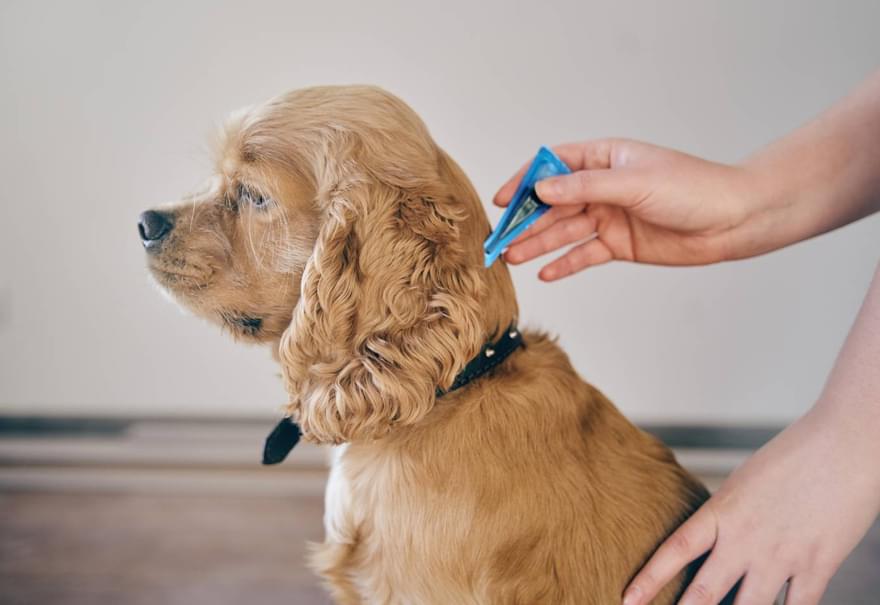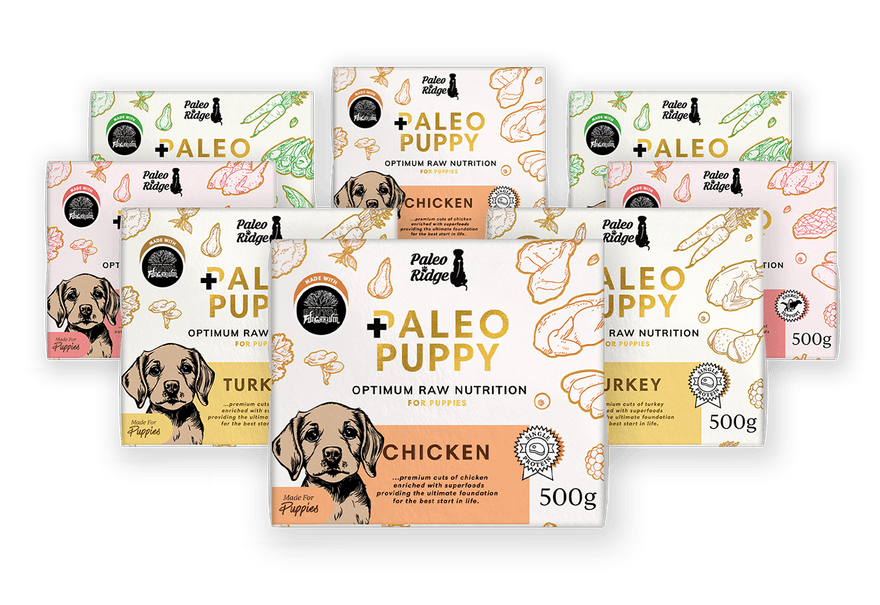The view of RFVS is that the principal risk lies in poor hygiene at the time of slaughtering meat production animals; stock handling practices which induce stress and therefore prolific defaecation in the abattoir; intensive farming practices resulting in an inappropriate microbiome in livestock (as a result of stress and poor nutrition); and the overuse of antibiotics in farming. Pet food manufacturers are at the mercy of the farms and abattoirs for their raw materials.
We are further aware of social media streams where attention has wavered from the bacteria under discussion in this paper to discussion of salmonella and campylobacter. With the greatest respect and professional courtesy, we would urge our colleagues to be clear on their facts and to avoid spreading unnecessary fear to diligent pet owners.
There is no evidence that transmission occurs between pets and owners. The risk is from humans handling food without taking basic hygiene precautions, not from contact with the pets consuming the food. The benefits of eating real food and of reducing the amount of ultra-processed diets being fed to our children have been proven in human nutrition. The importance of maintaining a varied and healthy ingestion of microflora to improve health has also been shown.
The RFVS feels that this paper highlights the importance of our veterinary colleagues being in a position to educate their raw feeding clients on the safe handling and storage of ALL meat products. Such education is one of the key aims of our society. We would further urge our colleagues to be aware of current thinking in human nutrition and to consider how this applies to their patients. Certainly many pet owners are doing exactly this and are extremely well informed. Our role as veterinary professionals must be to ensure that our clients apply their learning safely for their pets and their families.
To quote Dr Nick Thompson BSc (Vet Sci) Hons, BVM&S, VetMFHom, MRCVS in his 2020 RFVS conference presentation on this topic, raw fed pets are healthy, need fewer antibiotics and therefore contribute less to the dangers of antimicrobial resistance.
Please feel free to consult with one of our members if you have specific concerns about your own pet’s health, contact details may be found here and we commend this article by our respected colleague Dr Conor Brady for further information.
For general media enquiries, please contact enquiries@rfvs.info
Original Article:
https://rfvs.info/response-to-...



